Starting July 1, Texas car dealerships will stop issuing temporary paper license plates for vehicle purchases.
Motorcycle accidents account for a disproportionate percentage of traffic fatalities and serious injuries. The dangers are real, and the importance of safety cannot be overstated.
President Trump announced Monday that he plans to finalize auto tariffs in the coming days, with possible exemptions for select nations based on reciprocal trade policies.
Since last year, a joint state and city task force has impounded over 4,000 vehicles in a crackdown on ghost license plates across New York City.
A growing scam is plaguing drivers in Las Vegas and Miami-Dade, where con artists are charging up to $250 for DMV appointments that should be free, CBS News said.
Whether you’re the type who wants everything handled in a snap or you prefer a service that’ll take the time to make sure everything’s squared away (with zero surprise fees), there’s no shortage of options.
Cars aren’t just metal and rubber that get you from point A to point B—they’re the pulse of freedom, the heartbeat of excitement, and, let’s be real, sometimes they’re basically rolling pieces of art.
Vehicles
Categories
Recent Blogs
Reports indicate that the weight of one too many lost paperwork stacks caused a catastrophic structural failure at locations nationwide.
Starting July 1, Texas car dealerships will stop issuing temporary paper license plates for vehicle purchases.
Motorcycle accidents account for a disproportionate percentage of traffic fatalities and serious injuries. The dangers are real, and the importance of safety cannot be overstated.
President Trump announced Monday that he plans to finalize auto tariffs in the coming days, with possible exemptions for select nations based on reciprocal trade policies.
Since last year, a joint state and city task force has impounded over 4,000 vehicles in a crackdown on ghost license plates across New York City.
A growing scam is plaguing drivers in Las Vegas and Miami-Dade, where con artists are charging up to $250 for DMV appointments that should be free, CBS News said.
Whether you’re the type who wants everything handled in a snap or you prefer a service that’ll take the time to make sure everything’s squared away (with zero surprise fees), there’s no shortage of options.
Cars aren’t just metal and rubber that get you from point A to point B—they’re the pulse of freedom, the heartbeat of excitement, and, let’s be real, sometimes they’re basically rolling pieces of art.
On Monday, Ford released an image of a Tremor badge on the tailgate of an SUV.
The Environmental Protection Agency said it is initiating efforts to reverse the Biden administration’s emission laws that would push automakers to manufacture an increasing number of electric vehicles, Automotive News said.
Whether you are a professional scrapper or simply tired of looking at a junk car in your yard, you likely have some common questions.
The open road is yours, and it feels great. But… let’s be honest—how long has it been since you’ve actually thought about the written driving test you passed years ago?











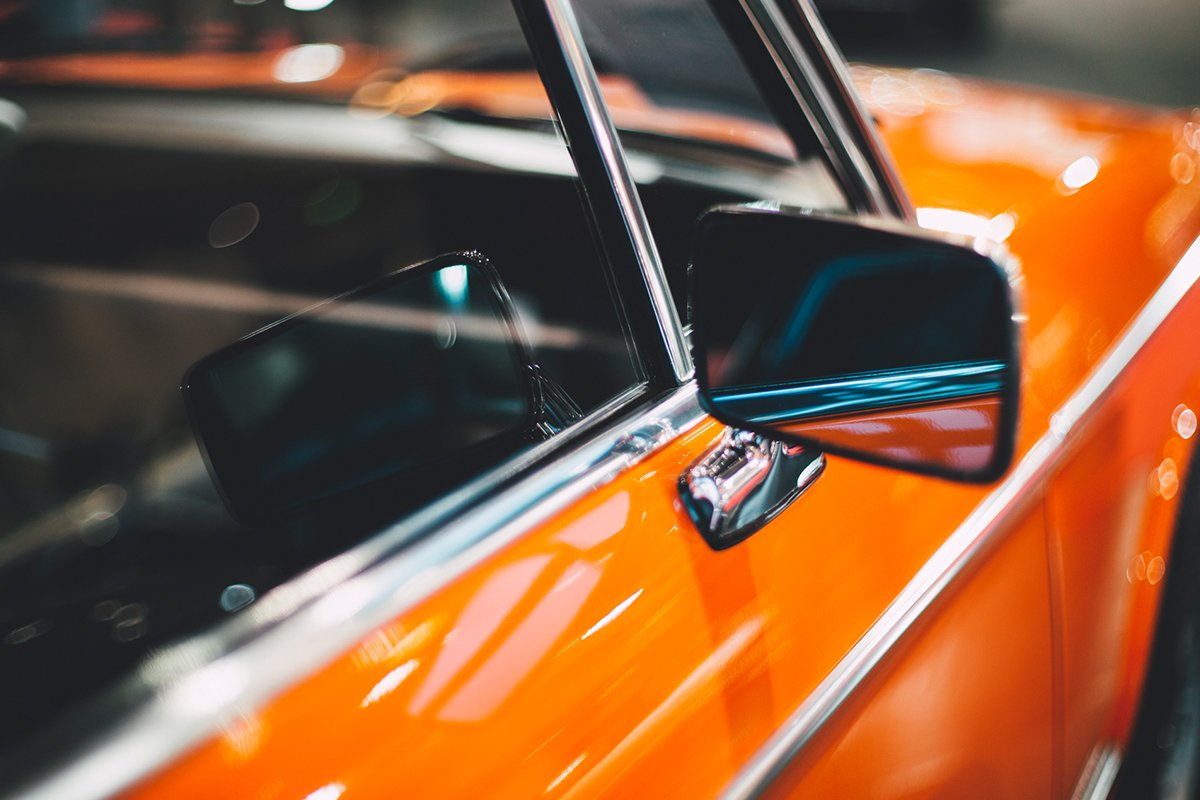

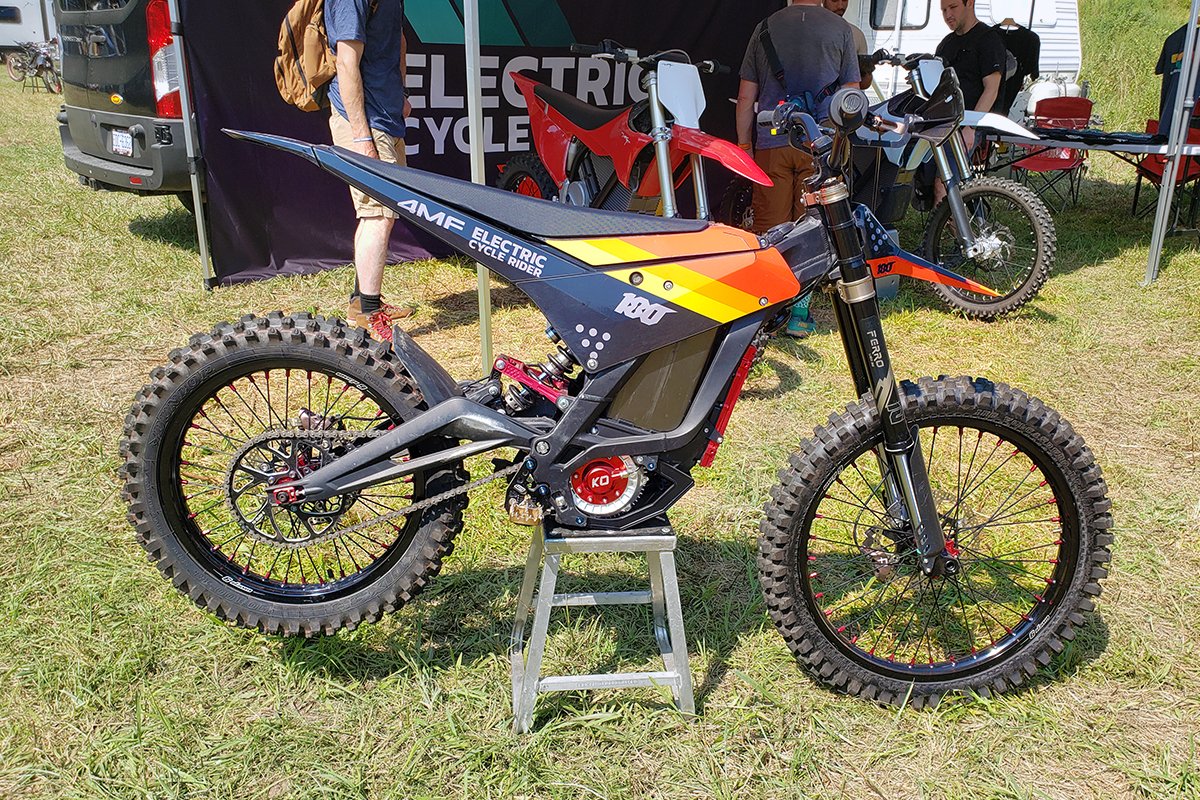

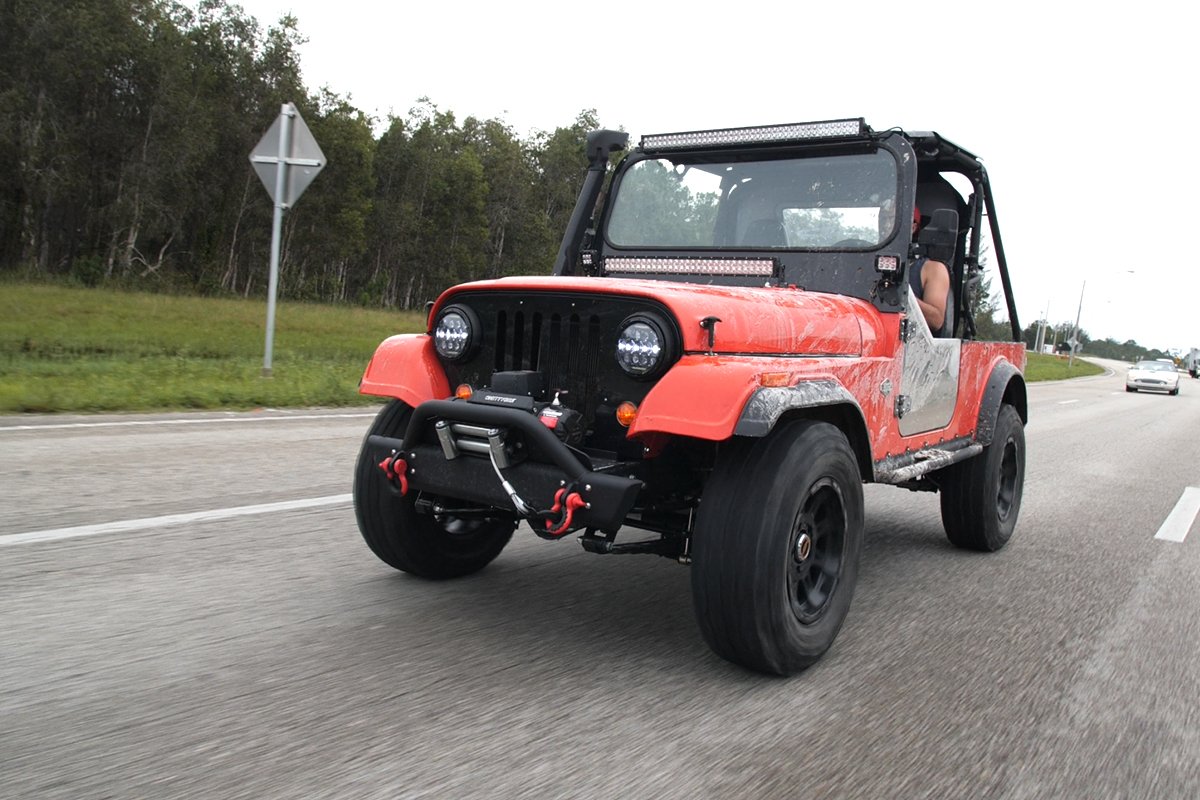
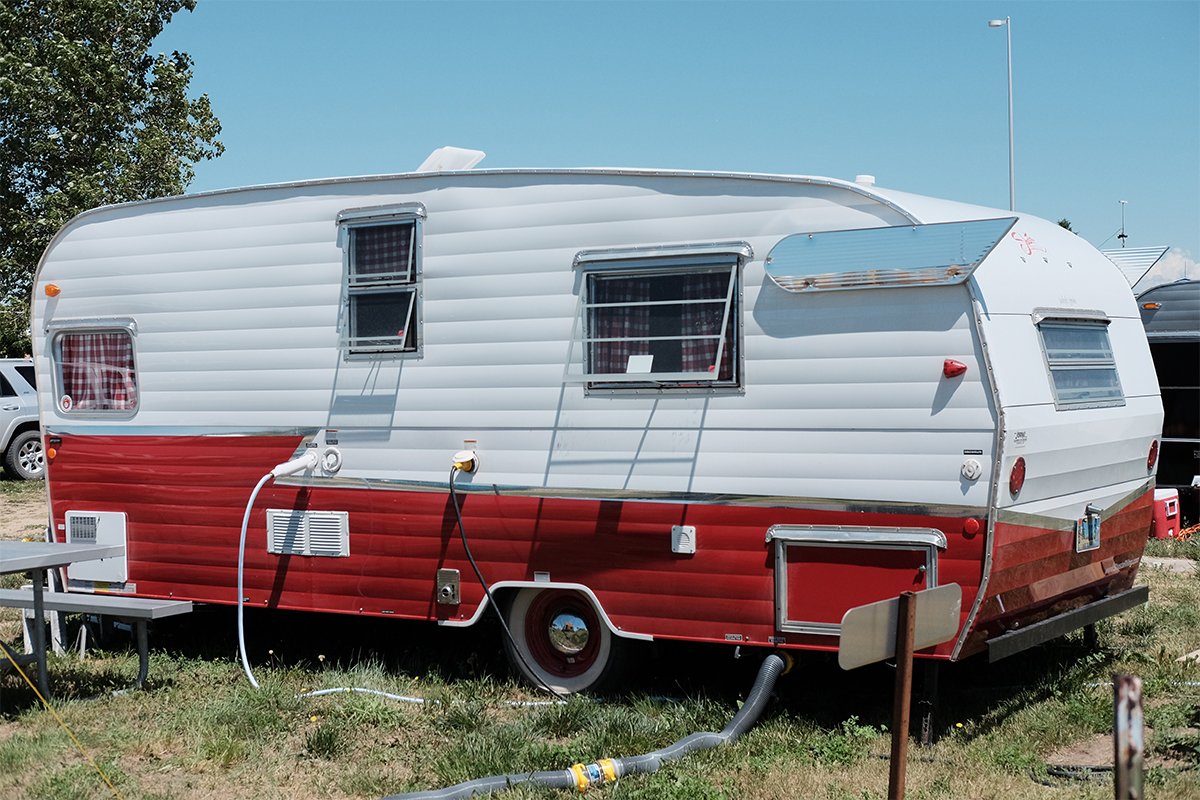



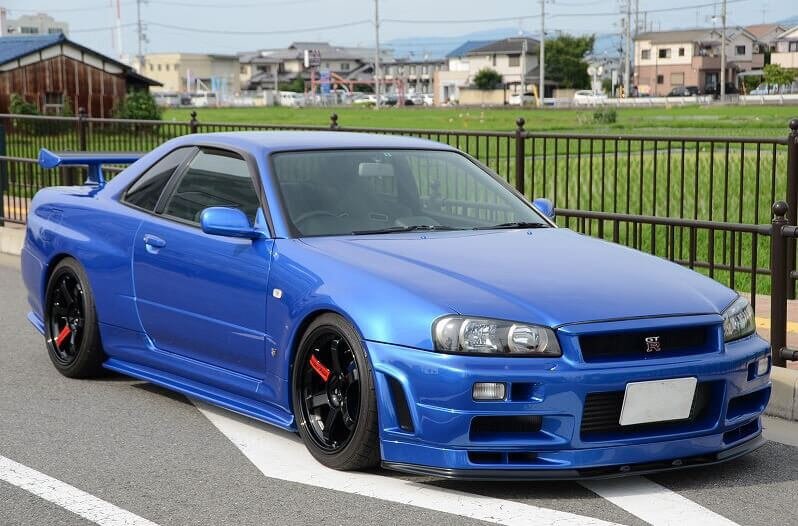

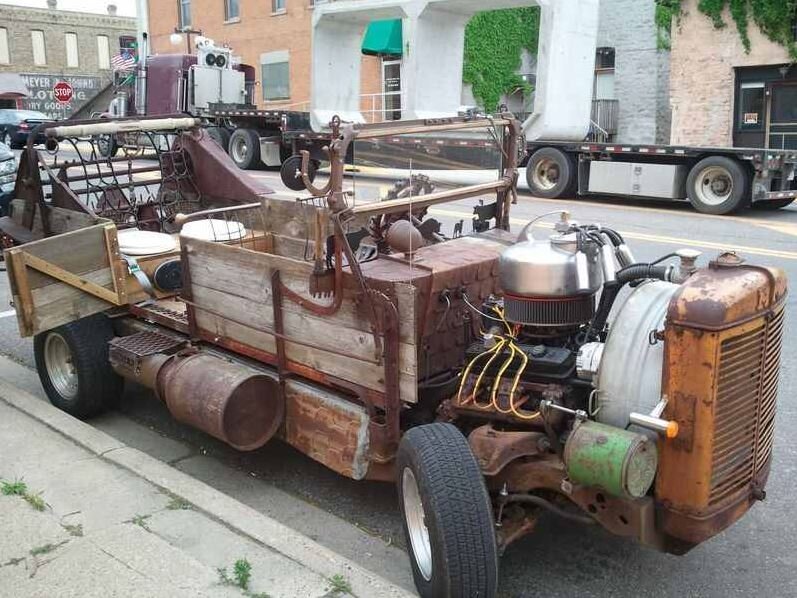

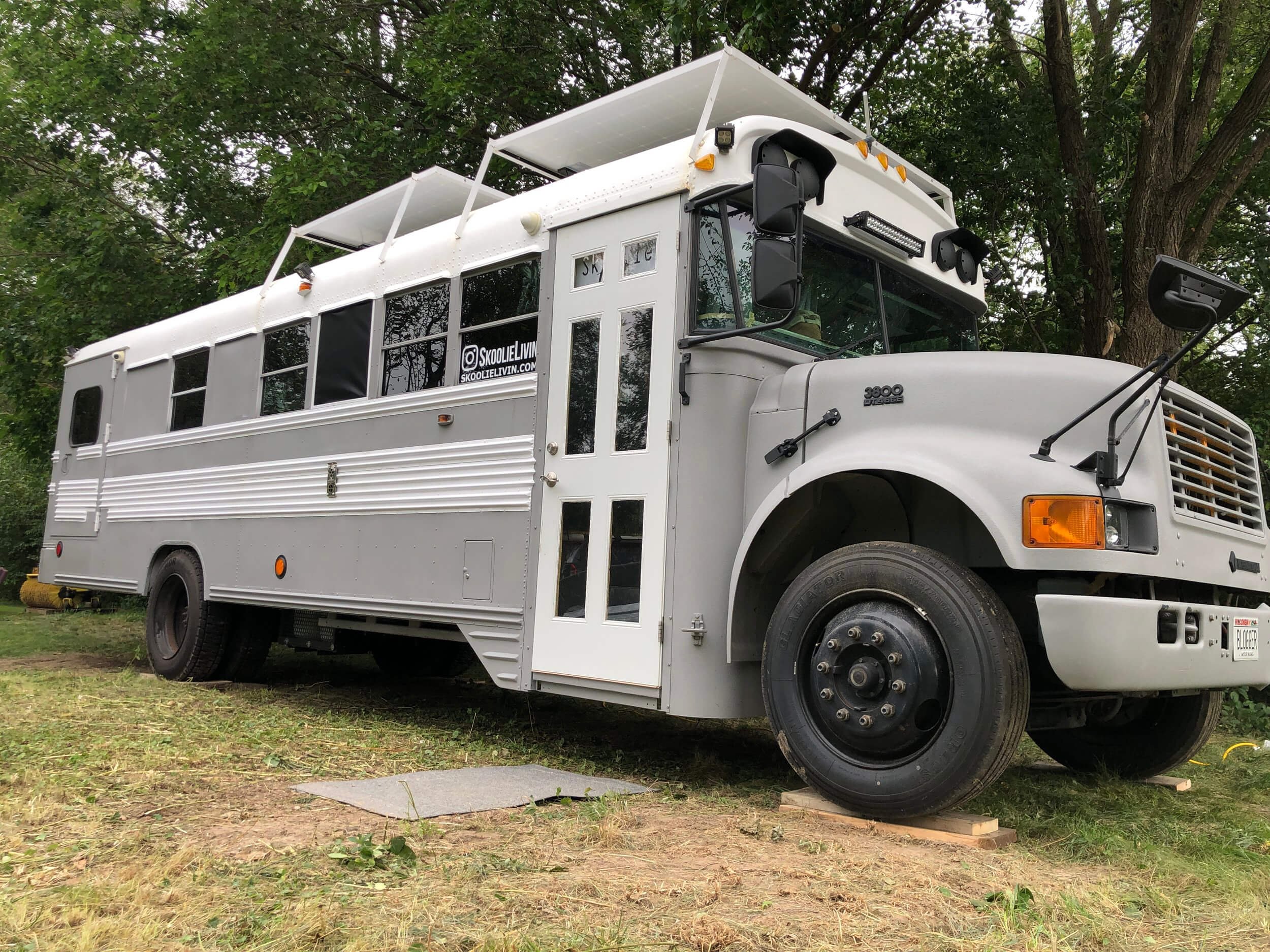
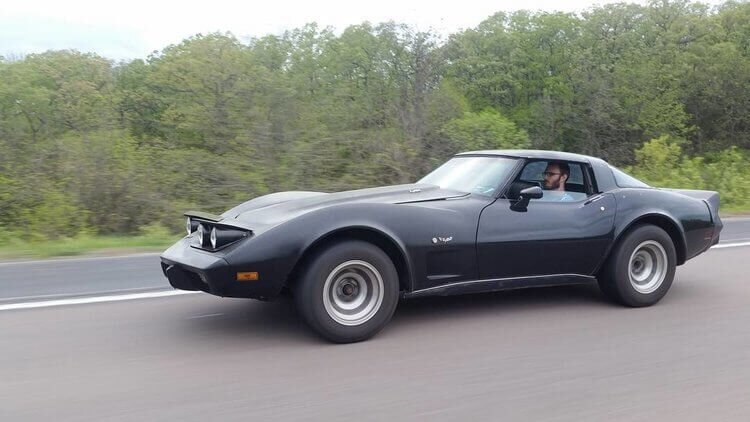
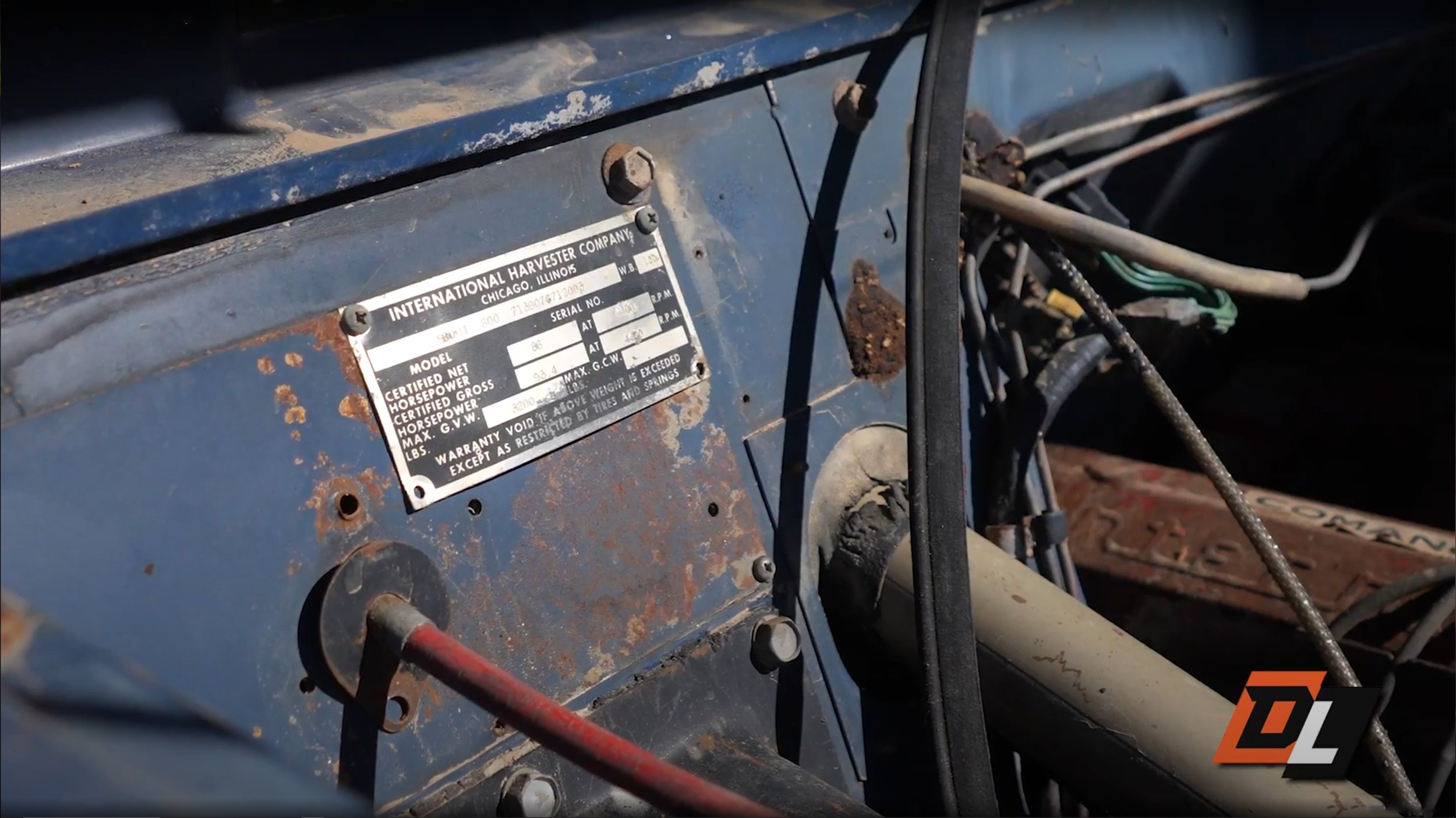




Reports indicate that the weight of one too many lost paperwork stacks caused a catastrophic structural failure at locations nationwide.